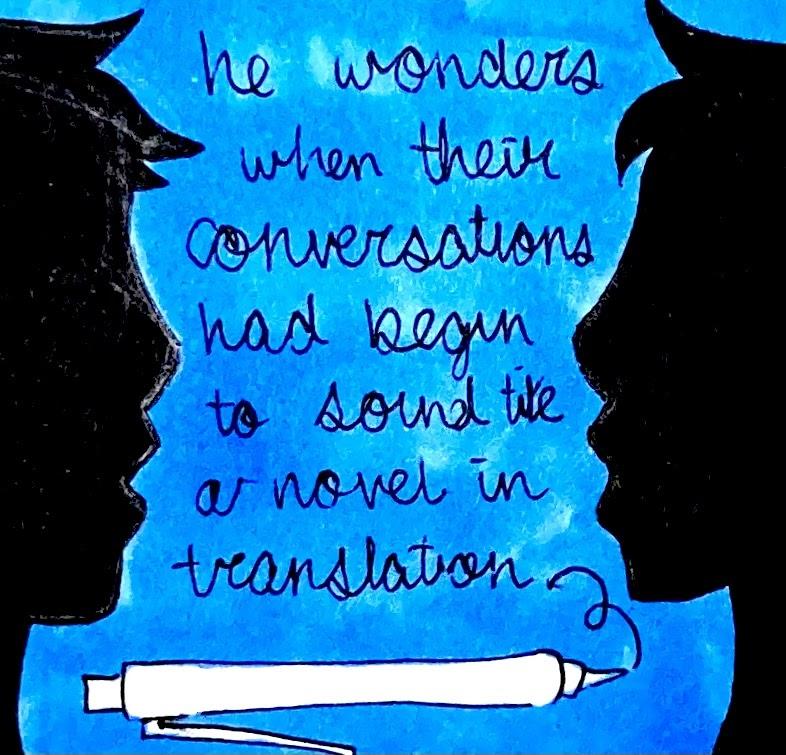I feel there comes a time in any reader’s life where they begin to tire of their favorite genre. A majority of the pleasure reading I’ve done these past two years are books that are considered “literature,” — a lot of paperback, 300+ paged greatest hits from the ‘50s and ‘60s — “On The Road,” “The Electric Kool Aid Acid Fest,” “Rosemary’s Baby,” etc. I’d wanted to become more savvy to literary references, but I also really enjoyed trying to decipher each rambling, poetic paragraph.
However, after I put down “Naked Lunch,” by William Burroughs, a novel that was near indecipherable with very scarce line breaks, I’d had enough.
Enter “Less,” by Andrew Sean Greer: a 2017 Pulitzer Prize winning story about a failed novelist attending literary events all over the world so he can have a good excuse to not go to his ex’s wedding. A palette cleanser.
“Less” is, in a word, beautiful. The charming awkwardness of the protagonist, Arthur Less, mixed with the humorous writing and compelling metaphors like how poets “flay themselves alive for a living.”
What stands out most about “Less,” among a dozen other award-winning contemporary novels, is its distinct situational humor. I still get a chuckle out of Less teaching a German creative writing class and accidentally telling his students he must “kill them all” in his broken German.
Each scene is tied up in a lyrical bow. As I’ve become very familiar with ‘60s poetry, I recognize its distinct influence in a scene with Less dancing in an underground German nightclub “like it is still the eighties in San Francisco, like the sexual revolution has been won, like the war is over and Berlin has been liberated, one’s own self has been liberated.”
If “Less” were written 50 years ago, I wouldn’t bat an eye at it being on an English reading list. It shows themes of love, stepping out of one’s shell and recognizing one’s own suffering as valid.
Even though I was reading the book for fun, I found myself utilizing more of the mandatory AP Language interactive reading tips more than I have for any school text — marking up the margins in pencil, underlining the lines I loved the most and bookmarking golden moments. I was a tourist in the world of Greer’s writing.
I wanted to relive “Less” over and over; I didn’t want a word of Arthur Less losing a wedding ring in a supermarket among “sixty crimini mushrooms” to escape my memory.
“Less” is purely the awkward travel fantasy wrapped up in gorgeous writing that I’ve been looking for.


























